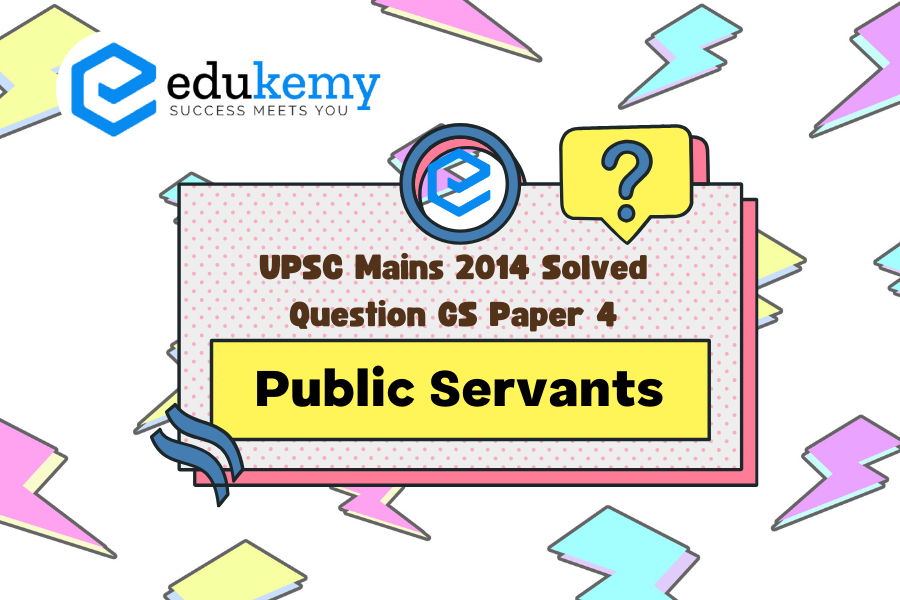In the realm of public service, ethical responsibility is not just a mere expectation but a critical cornerstone upon which the trust and integrity of governance rest. As custodians of power and stewards of public funds, public servants wield significant influence over the well-being of society and the environment. Their decisions ripple through communities, shaping the landscape of progress and development. Recognizing the weight of this responsibility, I have undertaken various measures to bolster my ethical competence. Primarily, I have engaged in continuous education and training programs focused on ethical decision-making, moral reasoning, and conflict resolution. Additionally, I actively seek out mentorship from seasoned professionals in the field who embody ethical leadership principles. Regular self-reflection and introspection aid in identifying potential ethical dilemmas and formulating principled approaches to address them. Furthermore, I remain committed to upholding transparency and accountability in all my actions, fostering an environment of trust and integrity within my sphere of influence. Through these concerted efforts, I endeavor to fulfill my duty with unwavering ethical fortitude, thereby contributing positively to the betterment of society and the preservation of our shared environment.
Tag: Public/Civil service values and Ethics in Public administration.
Contents
Decoding the Question:
- In Introduction, try to start your answer with the role of public servants.
- In Body, discuss how Public servants can improve their ethical competence.
- In Conclusion, try to end your answer by asserting that the role of a public servant is immensely important.
Answer:
The authority vested in public servants makes it necessary for them to be ethical in their conduct. The decisions of public servants are directly related to the betterment of society and country and thus there is a huge ethical responsibility on part of the public servants.
Public servants can improve their ethical competence in the following ways:
- Studying the relevant codes of conduct and codes of ethics Understanding the norms governing their actions and decisions.
- Appreciating the need for being ethical and projecting a clean image Understanding what constitutes misuse or abuse of power.
- Scrupulously avoiding such practices including arbitrary use of power and highhandedness.
- Ensuring that decisions are taken in larger public interest, and eschewing sectional concerns and prejudiced approaches.
- Factoring in the concerns of the poor and vulnerable in decisions.
- Being environmentally conscious, and becoming proficient with various laws, policies and programmes for protecting the environment.
- To learn rules of financial propriety, analysis of financial issues especially tendering processes.
- Learning to be on guard against financial irregularities and frauds.
- Ensuring disposal of natural resources only through competitive bidding.
In a nation like India where the people who suffer from deprivation, chronic poverty the role of civil servants become extremely important. To create an enabling environment for the development of the nation, ethical competence is very crucial.
In case you still have your doubts, contact us on 9811333901.
For UPSC Prelims Resources, Click here
For Daily Updates and Study Material:
Join our Telegram Channel – Edukemy for IAS
- 1. Learn through Videos – here
- 2. Be Exam Ready by Practicing Daily MCQs – here
- 3. Daily Newsletter – Get all your Current Affairs Covered – here
- 4. Mains Answer Writing Practice – here


